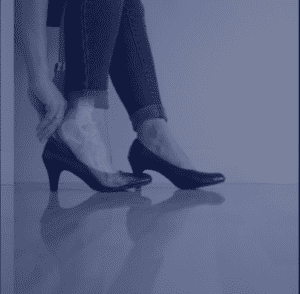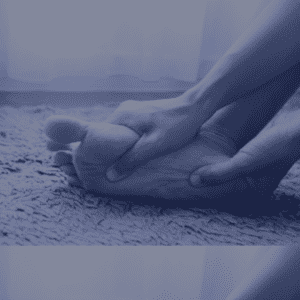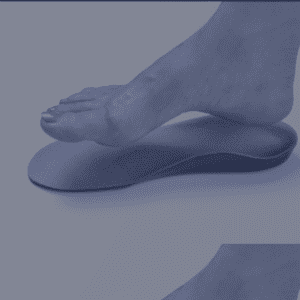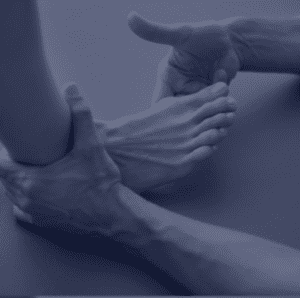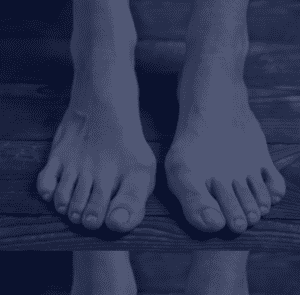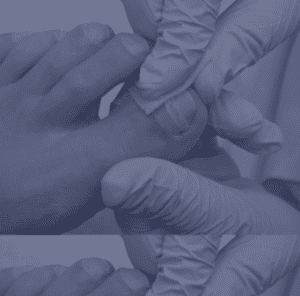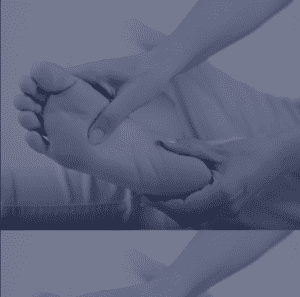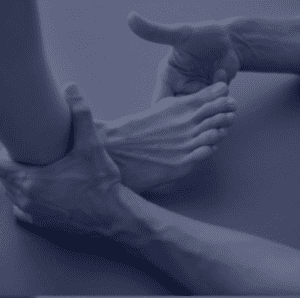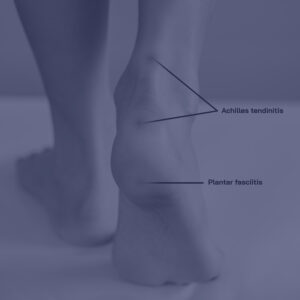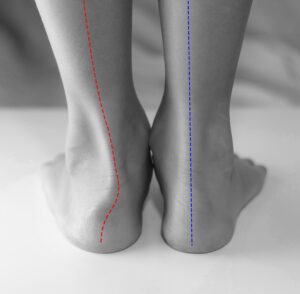PLANTAR FASCIITIS KANSAS CITY OVERLAND PARK
Stop Plantar Fasciitis Pain Now
Treatment successful 98% of the time.
Have any Questions?
Plantar Fasciitis
Treatment FAQs
What is plantar fasciitis?
Plantar fasciitis is characterized by inflammation of the plantar fascia that inserts into the heel bone, a thick band of tissue that runs along the bottom of the foot, connecting the heel bone to the ball of the foot, Its especially painful with the first steps in the morning or after periods of rest.
What are the main causes of plantar fasciitis?
Plantar fasciitis is commonly caused by overuse and a strain on the plantar fascia, which can result from activities such as running, walking, or standing for long periods. Other risk factors include y, high arches , tight calf muscles, and wearing unsupportive older footwear.
How is plantar fasciitis diagnosed?
Plantar fasciitis is usually diagnosed based on the patient’s medical history, symptoms, and a physical examination of the foot. The pain is in the heel area but can rarely occur in the mid-arch area. Imaging tests such as X-rays or ultrasound may use can assess the extent of damage to the plantar fascia. We have both in our office.
What are the treatment options for plantar fasciitis?
Treatment for plantar fasciitisplantar fasciitis treatment typically involves a combination of conservative measures to reduce pain and inflammation, including rest, stretching exercises, over-the-counter pain reliever for no more than 7 days, wearing supportive footwear with cushioned insoles, and using orthotic devices or night splints to support the foot.
Are there any specific exercises that can help with plantar fasciitis?
Yes, stretching exercises targeting the calf muscles and the plantar fascia itself can help alleviate pain and improve flexibility. Examples include calf stretches, Achilles tendon stretches, towel stretches, and plantar fascia stretches. If these don’t help, within the first few weeks you likely need to come to our office. Physical therapy may also be recommended to strengthen the muscles of the foot and ankle.
Is surgery necessary for plantar fasciitis?
Surgery is typically considered a last resort for treating plantar fasciitis and is only recommended if all conservative treatments fail to provide relief after a prolonged period. Surgical options may include plantar fascia release or other procedures aimed at reducing tension on the plantar fascia. Treatment is successful 99% of the time.
How long does it take to recover from plantar fasciitis?
The recovery time for plantar fasciitis treatment varies depending on the severity of the condition and the treatment. Most people experience significant improvement within a few weeks to several months. However, full recovery may take longer for some individuals. You can call our office to be seen within days.








